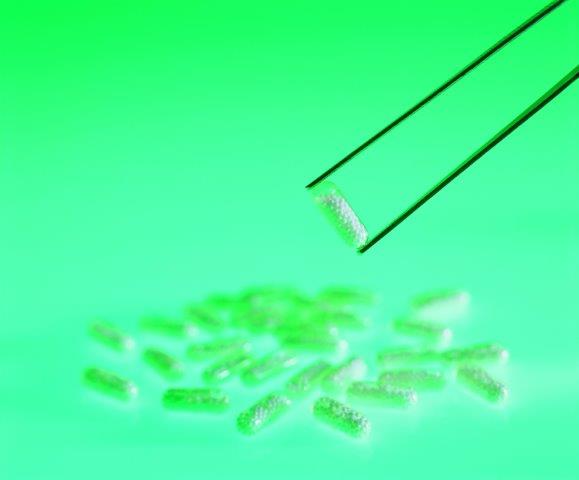Several products in your medicine cabinet are more dangerous than others. Whenever it comes to pharmaceutical medications, opioid pain treatments may be addicting and even lethal.
Keeping leftover opioid pills in your house is harmful. If they are taken by someone other than the intended recipient. It would be dangerous if ingested by a child or an animal accidentally. There are dangers of injury and death if not used as instructed
A family member or friend is the source of prescription pain medications for fifty percent of those who abuse these drugs. More than one hundred people in the United States pass away every day from an opiate overdose, and millions more people are hooked to opioids.
However, you have the ability to contribute to the resolution of the opioid problem. Look in your drawers, medicine cabinets, and any other location where you could have opioid tablets, patches, or syrups that are unused.
Also, find out how to get rid of them in a secure manner. It is imperative that any unneeded drugs be disposed of in the appropriate manner. It is possible that you have expired or unopened medications in your house. In the kitchen, the bathroom, the bedroom, the handbag, and any other location where drugs are kept. Why, therefore, would you put your family at risk?
Inhalers are a common piece of medical equipment for those who suffer from the chronic obstructive pulmonary disease (COPD) as well as asthma and other breathing disorders. This poses an environmental risk because inhalers emit chemicals into the air. Always make sure you read the instructions on the label before using an inhaler or aerosol medication. These products are at risk of being damaged in some way, especially if burned or incinerated. Contact your local garbage and recycling facility to comply with all local regulations and laws regarding the proper disposal of these products.
Before they may cause any harm, unused or expired medications should be disposed of properly. There are a variety of approaches that may be used to eliminate them. Discovering a site where drugs may be turned in for disposal is your best choice. It may be a neighborhood drugstore, or it might be the police station. These take-back venues could have pharmaceutical drop-off boxes on-site, or they might have mail-back programs or things that can be used in the house. You may locate a take-back facility close to you with the aid of the DEA’s website. Just input your zip code. If there isn’t a drug take-back place in your area, you can check the Flush List maintained by the FDA to see if your medication is included there.
It is possible that even a single dose of a medicine that is on the Flush List might be extremely harmful. If any of your children, dogs, or other household members make off with them. When some medications, like opioids, are flushed down the toilet, it helps to ensure that these potent substances are not accidentally or purposefully consumed, handled, or otherwise abused in any way. This serves to keep everyone safe. Keep in mind that you shouldn’t flush any medicine down the toilet unless it is on the Flush List. You can throw your medication away in the garbage as long as it is not on the Flush List and there is no drug take-back station within a reasonable distance from your home. The Food and Drug Administration (FDA) suggests that you combine any medications that you throw out with an undesirable item such as dirt, cat litter, or grounds from previously brewed coffee. Please do not shatter the tablets.
After that, you should put the concoction in an airtight plastic bag before disposing of it. Remove any identifying information from the prescription label that is printed on the box that is empty.
